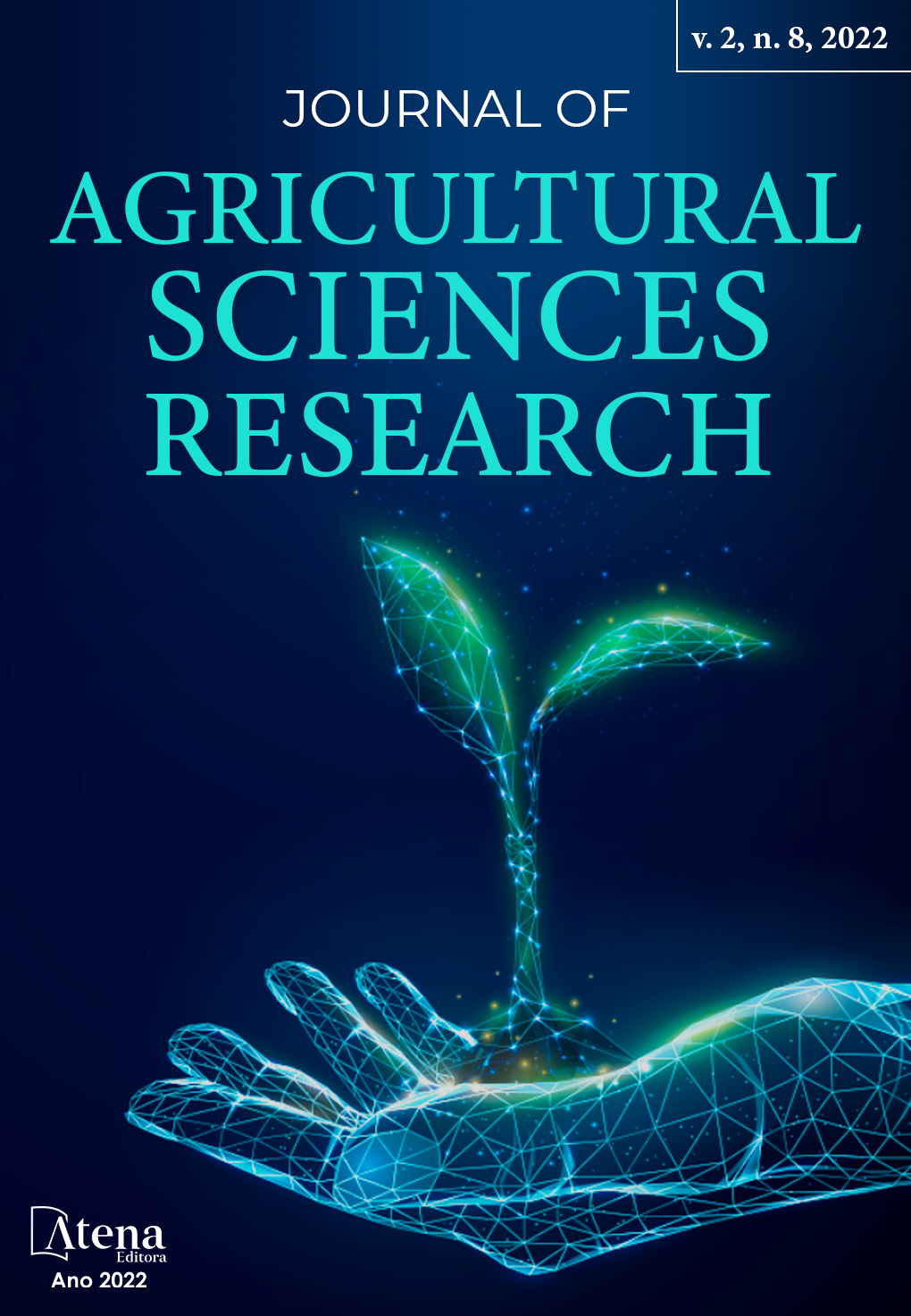
PERSISTENT ENDOMETRITIS AFTER COVERAGE IN MARES - CASE REPORT
Post-coverage endometritis is an inflammation that affects the endometrial mucosa of domestic females, being one of the main causes of subfertility or infertility in mares. This pathology can be chronic or acute, bacterial or idiopathic (KENNEY, 1992) and cause repetition of estrus and increase in the interval between births (NASCIMENTO and SILVA, 2003), generating great economic impact (OLIVEIRA, 2006).
In healthy mares, there is persistent myometrial contractility, while older mares, with a history of multiple births, and/or incapable of responding to the inflammatory process within 48-96 hours after mating are considered more susceptible to this condition. This is due to reduced myometrial activity and decreased elimination of uterine contents, which causes a negative effect on phagocytosis by neutrophils, due to the accumulation of fluid, resulting in a persistent uterine infection (TROEDSSON et al., 1993 - 1995).
Pathological inflammation can occur in cases of failure of the defense mechanism, making the environment conducive to the installation of opportunistic commensal bacteria in the uterus (RICKETTS et al., 1993), namely Escherichia Coli, group C Streptococci (EGC), in particular: Streptococcus equi, Staphylococcus aureus and Rhodococcus equi (LANGONI et al., 1994).
Spermatozoa are one of the major causes of post-coverage inflammation, so semen that has a high concentration and volume causes greater irritation to the uterus (KOTILAINEN et al., 1994). Mounting a stallion in an infected mare makes it a transmitter of the bacteria responsible for establishing endometritis (THOMASSIAN, 2005).
The objective of this work is to report a case of post-mating persistent endometritis in a mare belonging to a stud farm located in the city of Matipó-MG.
PERSISTENT ENDOMETRITIS AFTER COVERAGE IN MARES - CASE REPORT
-
DOI: 10.22533/at.ed.973282222071
-
Palavras-chave: Endometritis, mare, inflammation.
-
Keywords: Endometritis, mare, inflammation.
-
Abstract:
Post-coverage endometritis is an inflammation that affects the endometrial mucosa of domestic females, being one of the main causes of subfertility or infertility in mares. This pathology can be chronic or acute, bacterial or idiopathic (KENNEY, 1992) and cause repetition of estrus and increase in the interval between births (NASCIMENTO and SILVA, 2003), generating great economic impact (OLIVEIRA, 2006).
In healthy mares, there is persistent myometrial contractility, while older mares, with a history of multiple births, and/or incapable of responding to the inflammatory process within 48-96 hours after mating are considered more susceptible to this condition. This is due to reduced myometrial activity and decreased elimination of uterine contents, which causes a negative effect on phagocytosis by neutrophils, due to the accumulation of fluid, resulting in a persistent uterine infection (TROEDSSON et al., 1993 - 1995).Pathological inflammation can occur in cases of failure of the defense mechanism, making the environment conducive to the installation of opportunistic commensal bacteria in the uterus (RICKETTS et al., 1993), namely Escherichia Coli, group C Streptococci (EGC), in particular: Streptococcus equi, Staphylococcus aureus and Rhodococcus equi (LANGONI et al., 1994).
Spermatozoa are one of the major causes of post-coverage inflammation, so semen that has a high concentration and volume causes greater irritation to the uterus (KOTILAINEN et al., 1994). Mounting a stallion in an infected mare makes it a transmitter of the bacteria responsible for establishing endometritis (THOMASSIAN, 2005).
The objective of this work is to report a case of post-mating persistent endometritis in a mare belonging to a stud farm located in the city of Matipó-MG.
-
Número de páginas: 5
- Ingrid Flávia Ribeiro Cota
- Mayra Dutra Cosendey
- Vanessa Lopes Dias Queiroz de Castro
- Leticia Tolledo Fernandes Silva


